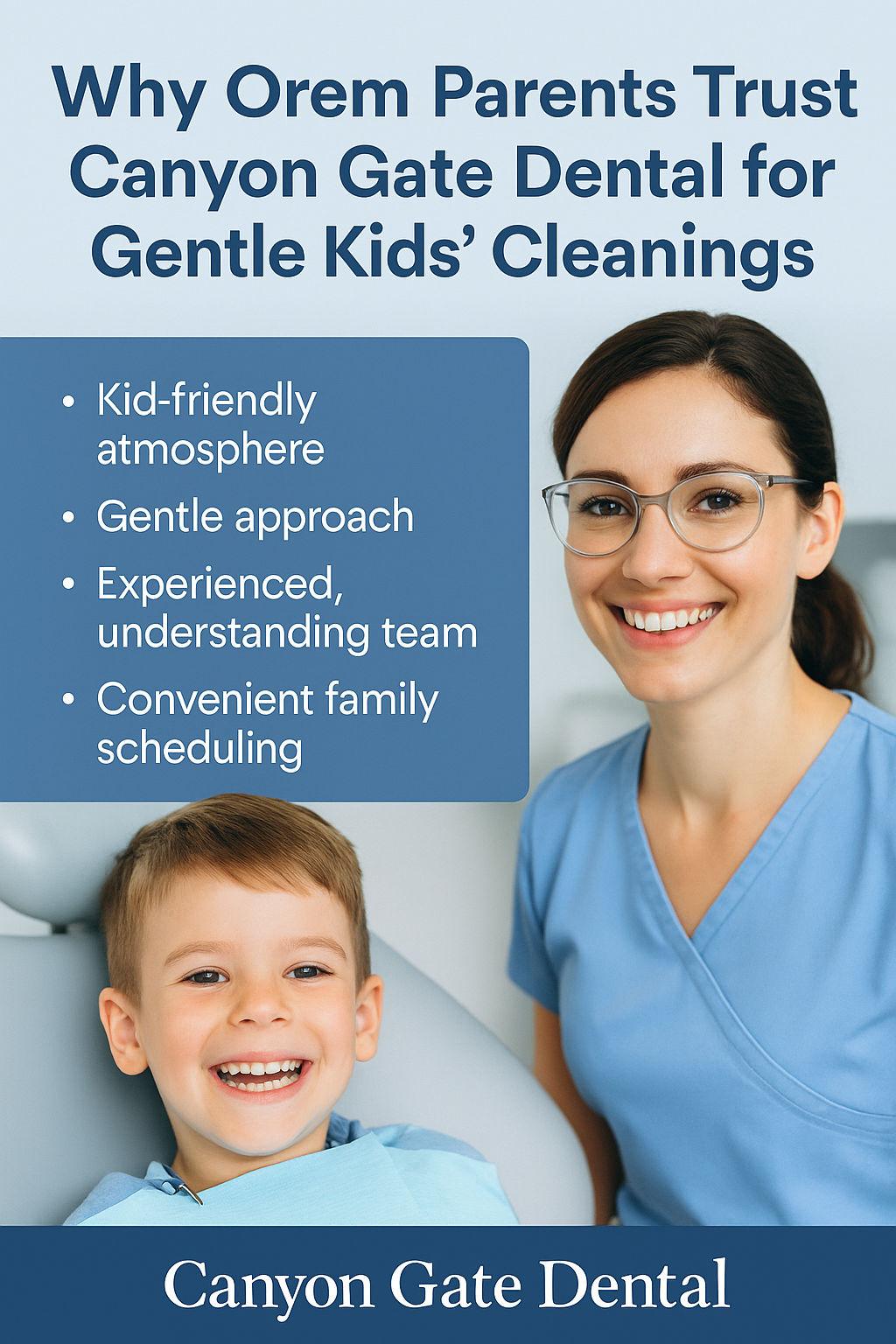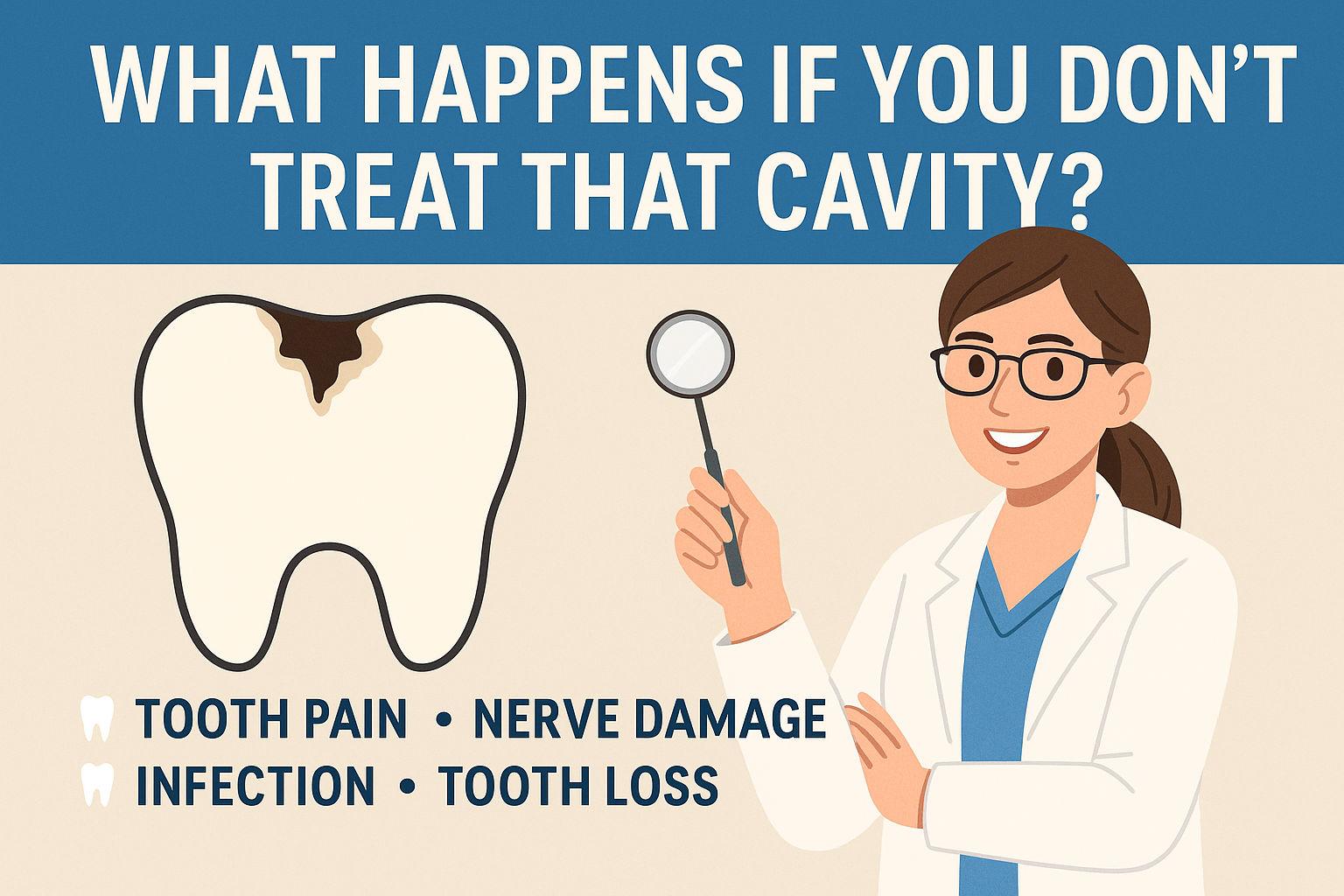Blog Highlights
- Both DDS and DMD dentists must pass the same licensing exam and practice as general dentists
- If you have a more complex or specific dental problem, your general dentist will refer you to a dental specialist
- If you have misaligned teeth or a misaligned jaw either as a child or an adult, you will need to see an orthodontist
There are several different types of dentists. When you get your teeth cleaned, you visit a DDS or DMD. If you have a more serious problem, your general dentist may refer you to a dental specialist. It’s important to know what kinds of dentists are out there, so that if you have a problem, you can find the right one to visit in Orem, Utah.
First, let’s start with the difference between a dentist with a DDS degree versus a dentist with a DMD degree. DDS stands for Doctor of Dental Surgery and DMD stands for Doctor of Medicine in Dentistry. Both types of doctors have four years of undergraduate study and four years of dental school. The two degrees signify the same level and type of education and have more to do with the type of university that they studied at. Both DDS and DMD dentists must pass the same licensing exam and practice as general dentists. They take care of primary dental problems, including cavities, crowns, bridges, root canals, and gum disease.
If you have a more complex or specific dental problem, your general dentist will refer you to a dental specialist. Dental specialists have an additional two to four years of training. There are several type of dental specialists:
Endodontist
This dentist is specially trained to perform root canals. They treat the inside tissues of a tooth to relieve your pain with the goal of saving the natural tooth.
Oral Surgeon
An oral surgeon specializes in treating issues that require surgery, including disease, injury, or functionality and esthetic problems. They are responsible for removing wisdom teeth and placing dental implants. If you have a suspicious spot in your mouth, they will biopsy it.
Orthodontist
If you have misaligned teeth or a misaligned jaw either as a child or an adult, you will need to see an orthodontist. Often treatment requires braces, Invisalign, or retainers.
Pediatric Dentist
Pediatric dentists work exclusively with children. These dentists are specially trained to work with children and have a solid understanding of child psychology. Special needs children are often referred to pediatric dentists.
Periodontist
A periodontist is concerned with caring for your gums and the tissues and structures around your teeth. This specialist is brought in if you have advanced periodontal (gum) disease.
Prosthodontist
This dentist restores and replaces lost or damaged teeth with implants, bridges or dentures. They work with the patient to achieve regular function and a natural looking smile.
With their extra training in specialized areas, dental specialists are there to provide you with the specific treatment you need to help you achieve and maintain your oral health. If you have a dental problem, make an appointment with your primary dentist and they can refer you to the proper specialist.









